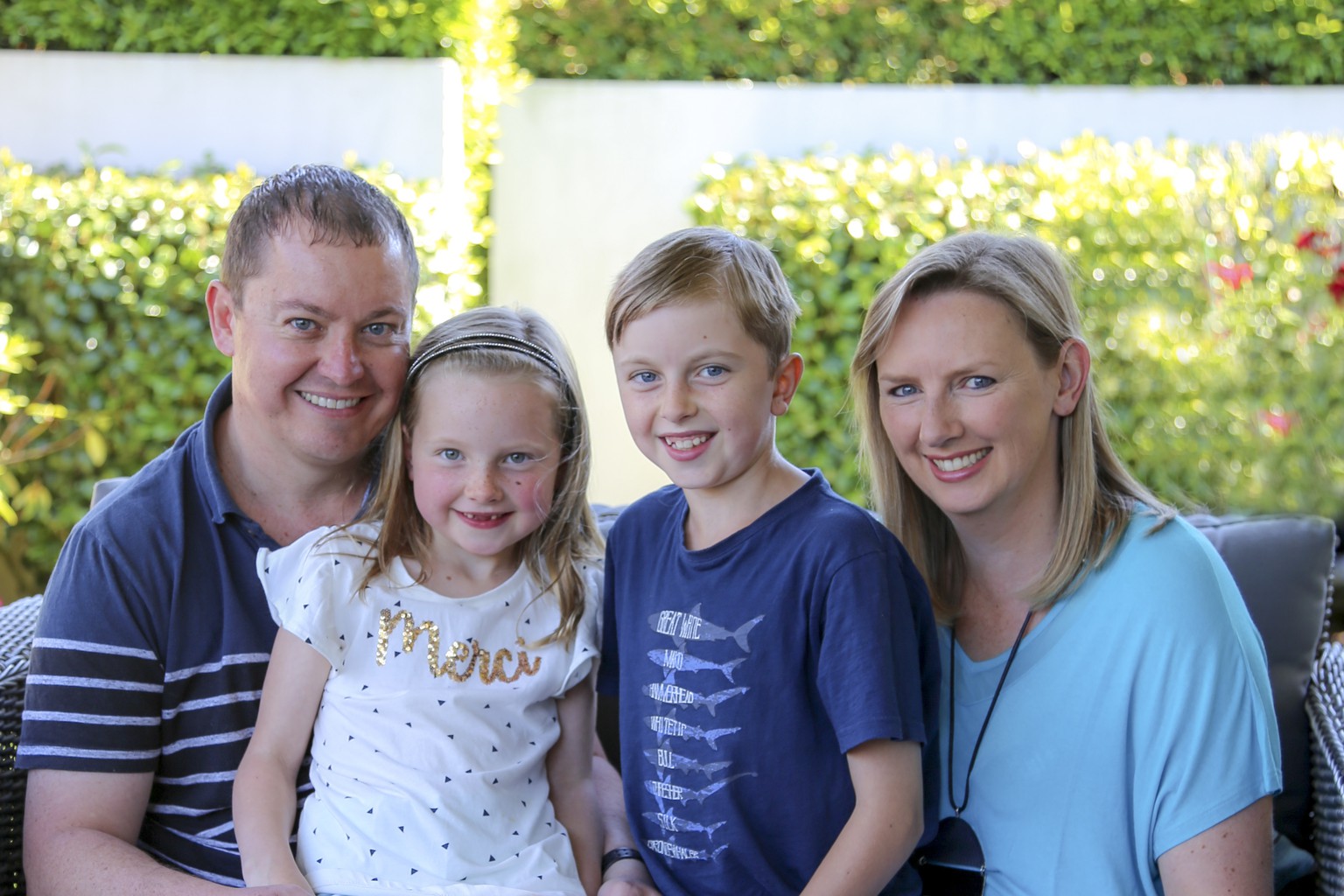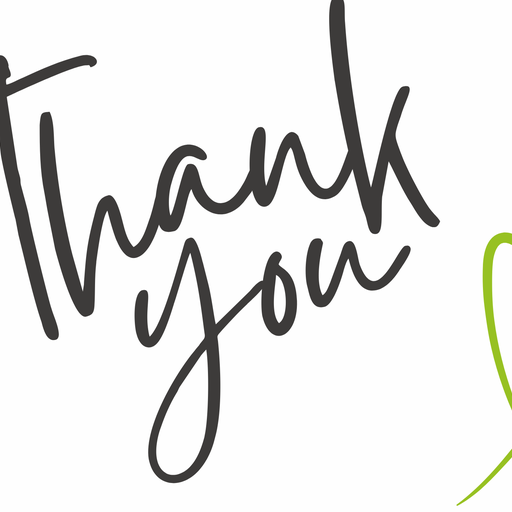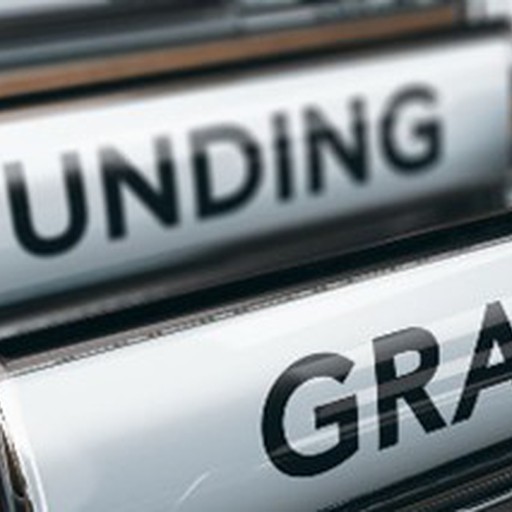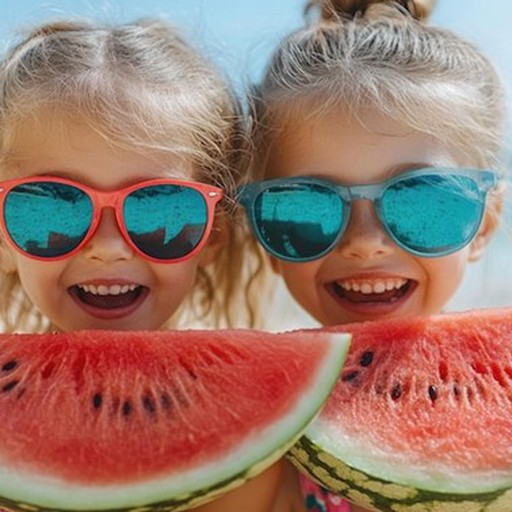My Story:
Ben

Ben is an inspiring young member from Christchurch - born with a very rare medical condition known as ARPKD which affects 1 in 20,000 new born babies.
Ben’s Story as told by his mum, Traci Stanbury
Ben was our first child. Pregnancy was a dream and while things didn’t go according to plan for his birth, we didn’t know any different. To us everything was normal. And then four months later Ben was in hospital. I had thought Ben had asthma and took him to our GP. The GP told us to drive directly to the hospital, do not wait for an ambulance. At Christchurch hospital we were told he was in heart failure and had a one in three chance of dying that night. We made it through the night and in the morning flew to Starship in an Air Ambulance where doctors tried to figure out why he was in heart failure.
After three days they told us they thought our four-month-old baby had adult polycystic kidney disease (PKD), not infant PKD, but that was good because infant PKD was horrendous and there weren’t any survival rates until they reached one year old. On the fourth day they said it was infant PKD (now called ARPKD) and then they asked if we wanted to medicate him or not – we chose to medicate him.
The first year was really hard. He was an inpatient for over three months. He caught rotavirus seven times and norovirus four times. Sometimes we caught it too. At age seven months he was diagnosed as failure to thrive. The nasogastric (NG) tube went down for feeding and was a godsend because we could also use it for medication. He had the NG for over two years and pulled or vomited it out weekly. We worked out how to put it down ourselves, which was distressing for all of us, but less disruptive than going to the hospital at 5am.
We had Ministry of Health respite care but there wasn’t anyone who could take Ben in such a fragile state. It was Nick or I, 24 hours a day. It was by far the worst time of our lives. In terms of coping – some days were better than others. One doctor in particular was abrupt and tactless. I felt like I had to be strong and hold it all together but that everything was out of my control. Some days I just wanted to cry. At one point I saw a counsellor and told him everything that was going on and he said that anyone in my position would be feeling like this and that it was ok. It sounds crazy but he gave me permission to feel sad, to feel overwhelmed and to feel grief. That was huge. It was such a relief and it meant that I could have bad days and not feel guilty, and then know there would also be good days.
I did a lot of scrapbooking and videos because we didn’t know how long we were going to have Ben for. On the plus side, when we had hit one year old, we had some survival statistics. There was hope. We had five birthday parties for him to celebrate. At 12 months old he still couldn’t walk, crawl, sit by himself or even roll over. At 18 months he was diagnosed with a global developmental delay because of all his inpatient time and we started early intervention.
To our knowledge, there were no other kids in NZ alive with ARPKD. In the days before Facebook, we joined a worldwide yahoo chatroom for families who had kids with the same condition and it was amazing. That connection was everything. All of a sudden, we weren’t alone in this. It was from this group that we found out about a longitudinal study being done in the US. So, we went to the National Institute of Health in Washington DC. It was here we found out that although Ben had a kidney disease, because his kidneys were doing well (meaning that his kidneys hadn’t had to be removed yet and he was still alive), that he would also have significant liver involvement. We realised our best-case scenario was that during his childhood he would need both a liver transplant and a kidney transplant.
Life continued. We had DNA testing done, got pregnant, did a CVS test and had to tell doctors that if the baby had this disease then we would terminate, otherwise they wouldn’t have done the test. We found out at 14 weeks that we were having a girl and that she only had one gene so would be a carrier and not have Ben’s condition. Maia was born.
Time passed by. Ben did lots of swimming and it was clear he loved animals and especially birds. He started school. When he was six, we went back to the US to participate in the study again. He started Keas, who are little cub scouts and Scouts has been great for building friendships, teamwork skills and leadership skills outside of the sports he struggles to compete in. When he was seven his Make-A-Wish was all about native birds. During the Christchurch earthquakes, our house was irreparably damaged and we spent the next few years living in a 21m2 sleepout. You would have thought there wasn’t much else the world could throw at us.
In December 2014 Ben was ticking along merrily. He obviously took medication, was susceptible to illness and had the odd inpatient stay. His liver had been playing up – he’d had oesophageal varices and banding for years, portal hypertension, and a couple of bad bouts of hepatic encephalopathy but we tend to focus on the bright side of life so when I took Ben to a regular check-up at Christchurch hospital and the Starship team were there, it was a real bolt out of the blue when they said Ben might be ready for a liver transplant. We’d known for years it was coming but Ben seemed so ‘well’ we didn’t think that time was now. He was nine years old.
Next thing you know we’re in Starship the week before Christmas. I think it was Cate who organised everything for us from flights, to taxis, appointments and accommodation at Ronald McDonald House and 24 appointments in five days. We were confident they would agree that Ben was well and not ready for transplant. So it was a bit of a shock at the end of the week when the doctors said they wanted to put him on the deceased transplant waiting list for a liver.
He went on the list. We couldn’t be more than two hours from an airport. We had to be in cell coverage. I made lots of lists. Packed bags. In Christchurch we only live 10 minutes from the hospital and almost every day saw rescue helicopters. It’s very conflicting, you want the passengers to be ok, but what if it’s your turn? Then on 11th May 2015 we got the transplant call. Forty minutes to finish packing, drive to the airport and get on the plane. Somewhere in there we made phone calls, packed up a cat, the house, and left a six-year-old with relatives. During the surgery we were calm, with complete confidence this was the right thing to do. Down in PICU afterwards, still intubated and just three hours out of surgery, Ben typed on an iPad, “I’m bored, can we go to the ward now”. And that was how his recovery progressed. Smoothly, calmly, and quickly. With less than five weeks in Auckland we filled our time watching Mythbusters (it had to fall into the Science curriculum somewhere), skyping his class from Ronald McDonald House, playing table tennis on the dining room table and hanging out playing iPad games. It sounds absolutely crazy, but over a month of surgery, interventions, blood tests and isolation weren’t a low point in our life but a bonding experience that brought Ben and I closer together. He even referred to it as being on holiday!
Life went on. Ben turned 10 and went back to school. We moved into our new house – I was trying to project manage the build from Starship which was difficult but was great to have something to look forward to after earthquakes and transplants. When Ben went back to school I returned to work. I had been part-time for 13 years and stayed purely because my job was flexible around appointments and I could work from home. I kept busy in my downtime with advocacy for other people on their health journey, becoming a member of the inaugural CDHB Family Advisory Committee, the Health Quality and Safety Consumer Network (HQSC), HQSC advisory group to improve consumer engagement within the DHBs, South Island Alliance Child Health Network. I did my Masters of Health Sciences with a focus on improving outpatient waiting rooms for paediatric patients and improving organ donation within NZ, I’m currently on the Kidney Health NZ board and in May I represented them at the Parliamentary Health Select Committee about how the government are proposing to set up a new national organ donation agency. This is how I cope – this is how I take control when I have no control over things like Ben’s health.
In 2016 we attended the Australian Transplant Games in Western Sydney. Here we met inspirational people like Ruth and Matt Field, Ruth donated a kidney to her brother Matt who is one of the World Transplant Fitness Ambassadors and is a great role model for kids who have had transplants. At the Games Ben won Gold, Silver and Bronze in his three swimming races, met other kids his age who had transplants and for the first time was able to compete at sports on a level playing field. Siblings, supporters, living donors and deceased donor families are all able to participate in various categories. Across swimming, bowling and athletics Ben won 2 gold, 2 silver and 4 bronze medals. The games are held every two years in the first week of the September school holidays, so for Ben to return with these medals, when it’s not something he had ever achieved before was fantastic. It gave him so much confidence for when he started at intermediate school with new kids, new teachers, and a new location just a couple of months later. The extra confidence was really obvious for at least six months afterwards.
In 2018 Ben was interviewed for the Christchurch Press and NZ Herald before we went to the 2018 Australian Transplant Games on the Gold Coast. This time he received a Make It Happen grant which provided six months of private swimming lessons, helping him to win three gold medals from three swimming races. In the end he won seven gold medals and one silver. He came first in the ball throw, 4x100m relay, chess, 50m backstroke, 50m breaststroke, 50m freestyle and tenpin bowling and second for shotput. Ben also made some great friends with other kids who have had transplants and plans to keep in contact with them. He gained quite a bit of kudos at school for all the medals. It was great timing for him because again, just a couple of months later he started high school and it was a huge confidence boost.
So, 2019, he’s at high school, rides his bike 7km each day, has a great group of friends, is doing well, with a good report so far and is building more confidence to do more things. We give Ben a lot of say in what he does and doesn’t do. Whether it’s because of his medical condition, or because he’s a 13-year-old boy, or because it’s just not his thing, we don’t know. On a recent holiday he was happy to have cooking lessons, bike, hang out with animals and walk around tourist attractions, but said no to rock climbing, ice skating, fast rollercoasters and boogie boarding.
We’ve got a kid who has been through so much, who knows what adversity is and who overcomes it. If you ask him, he’ll say that he would prefer to have this disease than not. He knows he gets to do different things, like Make A Wish, camps, transplant games and days at Rainbows End. He appreciates those extra things and it’s credit to organisations like Make-A Wish and IDFNZ that make life that bit easier for kids like Ben.



